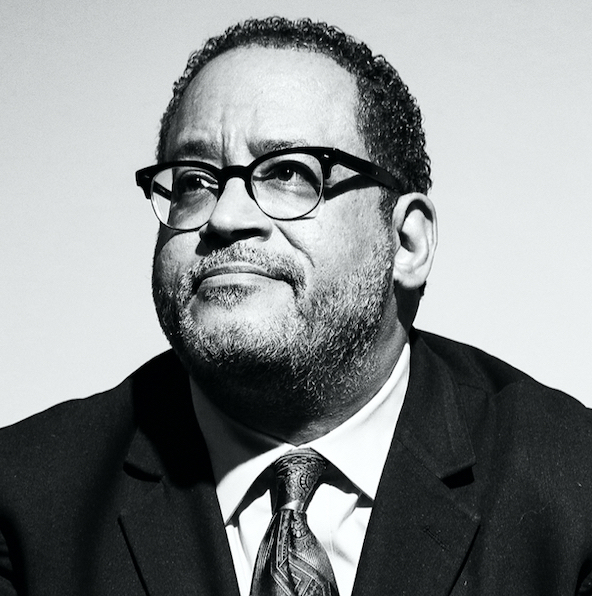Over the last several years in Philadelphia, we have witnessed the erection of the first monument to a Black man in our city, abolitionist Octavius Catto; the first mural to a legal and civic giant, A. Leon Higginbotham, Jr.; a community effort to rename a street from Taney — named for the Supreme Court justice who wrote the Dred Scott decision — for Caroline LeCount, Philly’s own Rosa Parks; and a school renamed from racist president Andrew Jackson to former slave-turned-educator Fanny Coppin Jackson.
Like these people, to me, the All Stars are the everyday folks who are doing the heavy lifting for their race and culture: Teachers, sanitation workers, people who work the traffic lights and run nurseries — both for kids and for your grass — the people who are clerks in local stores. They are the preachers who reach masses of people on a daily basis; the writers whose praises don’t get as well-sung as they should; the social activists who are out there trying to make a better life for us even when we don’t understand what’s at stake.
These are the people Dr. Martin Luther King, Jr., referred to as the “ground crew without whose labor and sacrifices the jet flights to freedom could never have left the earth.”
02
Harriet Forten Purvis
Abolitionist
Harriet Forten Purvis
Abolitionist
1810-1875
A Philadelphia native, Harriet Forten Purvis followed in the footsteps of her abolitionist parents Charlotte and James Forten, as a powerful voice for women’s suffrage and the abolishment of slavery. Alongside Lucretia Mott and others, Purvis established the Philadelphia Female Anti-Slavery Society in 1833. Purvis also served as a frequent delegate to the Women’s Anti-Slavery Convention and served as a lecturer on topics including civil rights.
After the passage of the 13th Amendment, Purvis and her husband, Robert Purvis, became involved in the Pennsylvania State Equal Rights League and the American Equal Rights Association, both serving on the executive boards. They also worked alongside Octavius Catto in an effort to desegregate Philadelphia streetcars which proved successful when a state law was passed in 1867 requiring equal access to public vehicles.
The Purvis household in what is now Old City Philadelphia served as a gathering place for abolitionists both from Philadelphia and out of town, as well as a stop on the Underground Railroad. The couple later moved to Canada, where they continued to help people escaping enslavement.
Accomplishments:
- Establishing member of the Philadelphia Female Anti-Slavery Society
- Delegate for the Women’s Anti-Slavery Convention
- Lecturer on Civil Rights
- Stationmaster on the Underground Railroad
More on Purvis: Turning Point Suffragist Memorial, Harriet Forten Purvis (1810 – 1875)
Reporting by Aly Kerrigan and Ethan Young.


